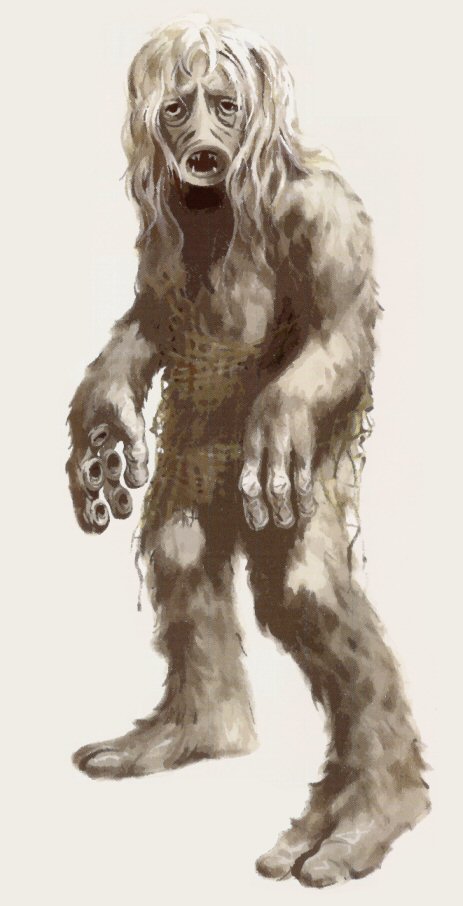Okay, granted, looking into it now, I see it is from CBS Studios' podcast division and Secret Hideout. Still, it's a side production in a different medium than usual. (The Lower Decks analogy doesn't work because that's a television series on the same streaming service as the live action shows.) And its writers are Kirsten Beyer, who's now a Trek producer but started out as a tie-in novelist and co-writes or oversees the Secret Hideout tie-ins, and David Mack, who's usually a tie-in author (although I know he's trying to break into film/TV). So it seems kind of borderline to me.
Plus, we've already had a full-cast audio play that was written by Beyer, and there was no ambiguity on that.
I don't agree that something can't be a tie-in if it's from the owners of the original work. I mean, Disney owns Marvel and publishes Star Wars comics as well as making the movies and shows, but the comics are still considered tie-ins, albeit "canonical" ones (the kind of "canon" that gets contradicted by new screen canon as casually as non-canon tie-ins, making it a meaningless label).
I have a friend who I keep getting into irreconcilable debates with on two subjects that have been muddled to the point of meaninglessness- "practical effects" versus "CGI," and what counts as canon, especially in Star Wars. The worst was when I casually mentioned a funny post I saw, and mentioned as stage-setting that it was and always had been public knowledge that Princess Leia was adopted. "No, it's not," he said. I pointed out the scene of her cousin being shitty to her in
Obi-Wan Kenobi ("Well, of course the family knows, but doesn't mean it's public,") and then I referenced her bio on the Star Wars website and numerous Disney and EU-era stories, and then he said they not only didn't, but
couldn't count, because of the comic that showed the Emperor found and destroyed Yoda's lightsaber, while Luke had it in
The Mandalorian, showing that tie-ins were not just non-canon, but somehow anti-canon, always wrong. He said that if it had been public knowledge Leia was adopted, it was absolutely certain that a loyalist senator would've made a cutting remark about Bail Organa's virility during an open debate in the Imperial Senate.
There has, to this day, never been a scene in a Star Wars production of Bail Organa having a debate in the Imperial Senate, with or without any below-the-belt comments.
This guy decided that tie-ins are less canon than scenes he made up from shows and movies that don't exist.
That's what canon debates do to people.
That's what a loose hand on continuity gets you. I
long for the strict, iron fist in the iron glove canon of a video-game franchise's tie-ins.
Although I still think it's unlikely that anything relating to Ceti Alpha V will ever come up again in Trek canon anyway, so it's probably an academic question.
I think it's more pertinent to tie-ins. As you said before, the canon is always free to disagree with itself, if someone doing a show wants to do something that contradicts the Khan audio play, they'll do it regardless of whether or not its canon. What it'll affect is if someone doing a novel, comic, or RPG supplement wants to drop in a reference to the version of events in
To Reign in Hell or
Ruling in Hell that's not consistent with
Khan (at least, without an attempt to reconcile it with
Khan). That's where it being canon comes in, if it's no longer the tie-in authors' prerogative to look at it and go, "No, I'd rather not reference this."


